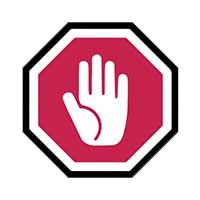This page contains a summarized version of this toolkit section. Detailed information about model policy components and federal law, state examples, and model legislation is available in the PDF linked above.
This section outlines policies to prevent food waste upstream, including reforming date labels to prevent safe, wholesome food from being thrown away due to confusion. This section includes:
Model State Policies
Date Labeling
Date labels are found on most food products in the United States. Typically, the date is preceded by one of several phrases including, but not limited to, “sell by,” “best before,” “use by,” and “freeze by.” Despite what many consumers may think, these dates are not regulated by the federal government and are generally intended as indicators of quality rather than safety. Although these dates generally do not reflect food safety, research shows that consumers rely on date labels when deciding whether to throw away food. The uncertainty surrounding date labels contributes to wasteful behaviors, missed opportunities for donation, and overflowing landfills. While state action cannot eradicate date label inconsistences, state legislation can minimize problems associated with the current date labeling system to fight unnecessary food waste. A successful state date labeling law would:
- Differentiate between quality and safety labels
- Standardize language
- Consider mandating safety labeling
- Explicitly permit donation and sale of food past the quality date
- Provide consumer education

